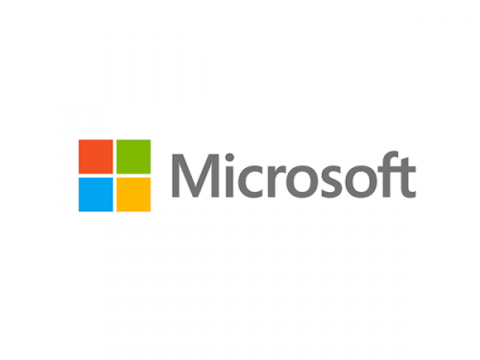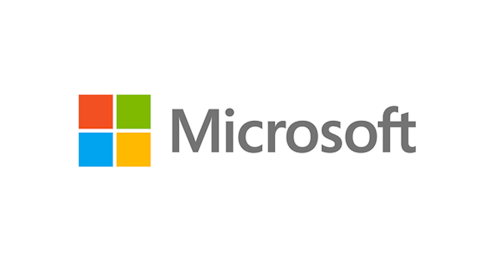A popular misconception is that since these companies are in the business of finding the most value for their clients, the overwhelming experience of the fund managers, and considering the overwhelming depth of research that has been put in, their picks provide the best returns given a particular level of risk that an investor is willing to take. Our research has proved quite the opposite.

If we take 30 most popular stocks among hedge funds between 1999 and 2009, they outperform the market by merely 2.0 percentage points per year. This of course comes with the high management fees that these funds charge. However, according to our research the small-cap picks, which would be companies with a market capitalization between $300 million and $2 billion, have outperformed the market by double digits during 1999 and 2009. Hence, if an investor is truly looking for an edge in terms of exceptional returns, the key is to focus on the small-cap picks of these hedge funds.
An obvious question at this point would be, if small-cap companies were indeed the golden ticket in finance, why don’t fund managers just stick to them? There are two reasons for this and both involve the enormous size of assets under the management of these firms. Firstly, there is only as much of an investment that a small-cap company can take before it starts to trade at an unfavorable price level because of excessive demand, and with these cash abundant funds that would mean taking their money to large cap companies instead. Secondly, the larger the portfolio grows, the greater the need for diversity, which again boils down to investing in large-cap companies.
The following list is jotted along the lines of Dow 30 companies attracting the most investment from the 737 hedge funds that we track at Insider Monkey. It provides valuable insight into the workings of the investment world as it constitutes blue chip companies that form part of one of the oldest stock indices. The top five picks from the Dow Jones Industrial Average included one company from the tech sector, Microsoft Corporation (NASDAQ:MSFT) and two from finance including, Visa Inc (NYSE:V) and JPMorgan Chase & Co. (NYSE:JPM), while healthcare sector was represented by both Pfizer Inc. (NYSE:PFE) and Johnson & Johnson (NYSE:JNJ).
Microsoft Corporation (NASDAQ:MSFT) came on top of this list with 114 hedge funds having $17.87 billion invested in the company at the end of 2014, as compared to 119 funds with $19.66 billion a quarter earlier. Out of the 59 billionaires that we track at Insider Monkey 14 billionaires had investments valued at about $2.6 billion in the tech giant. Stephen Mandel of Lone Pine Capital cut his fund’s stake to 5.45 million shares valued at $253.15 million during the fourth quarter. The stock of this tech giant is down nearly 8.7% year to date and the company is planning to cut nearly 9,000 jobs by the end of this month at two Chinese plants previously owned by Nokia, as it transfers production capacity to Vietnam.
JPMorgan Chase & Co. (NYSE:JPM) took the second spot as it spiked the interest of 92 fund managers who had $7.06 billion invested in the company at the end of last year versus 104 funds with $7.24 billion a quarter earlier. 10 billionaires were invested in the company, the aggregate value of their stakes amounting to $1.24 billion. David Shaw of D. E. Shaw was one of them with the fund having 1.9 million shares valued at $119.29 million.
Visa Inc (NYSE:V) rated third as 88 hedge funds reported holding around $6.77 billion worth of stock, up from 80 funds with $5.10 billion in the previous quarter. Ken Fisher of Fisher Asset Management had 3.56 million shares valued at $932.58 million in his fund’s portfolio at the end of last year. The $165.35 billion payments technology company plans to expand its online payments service, Visa Checkout to 16 global markets by the end of this year.




